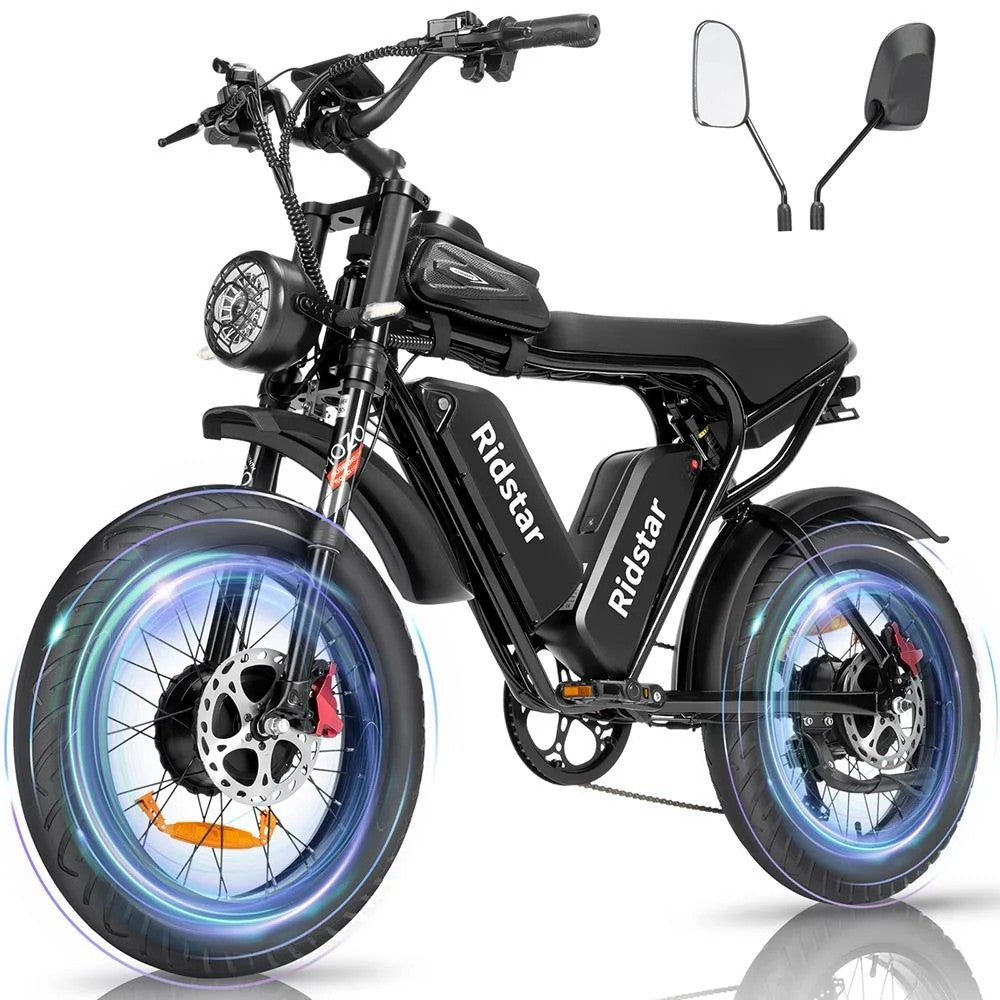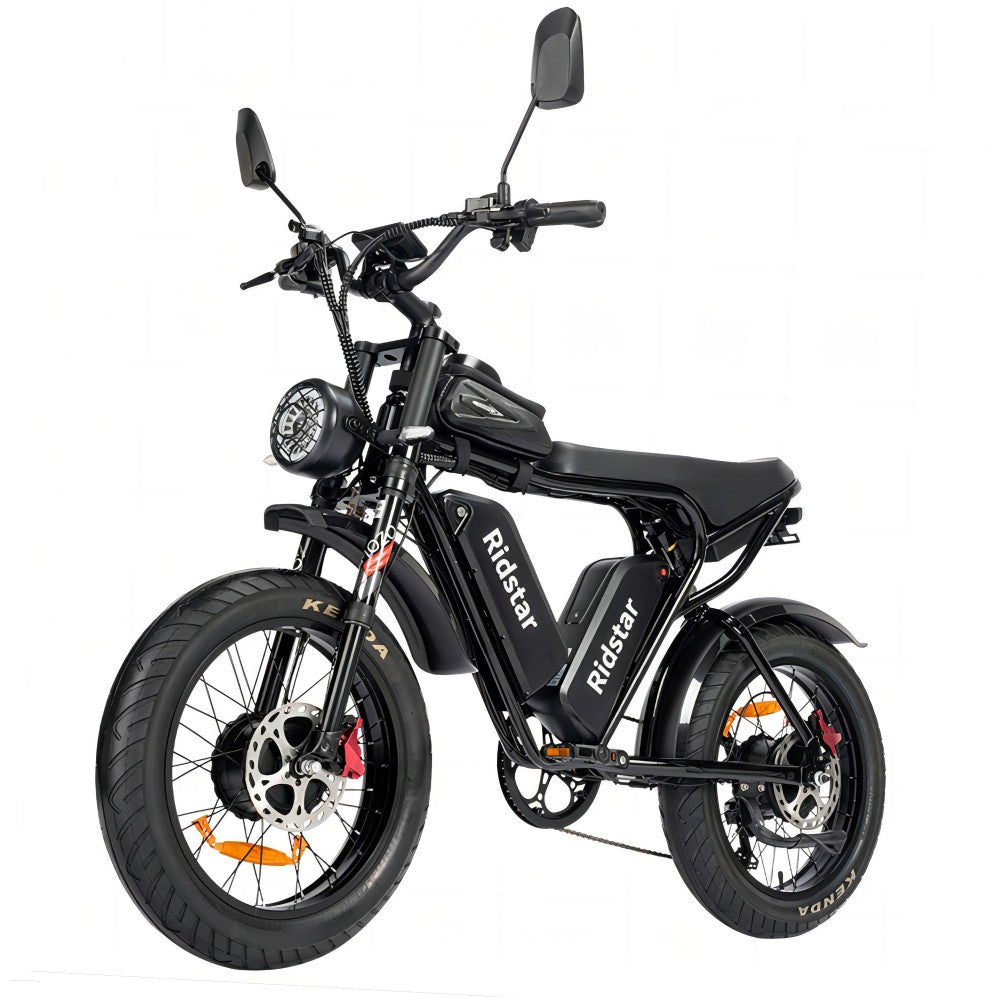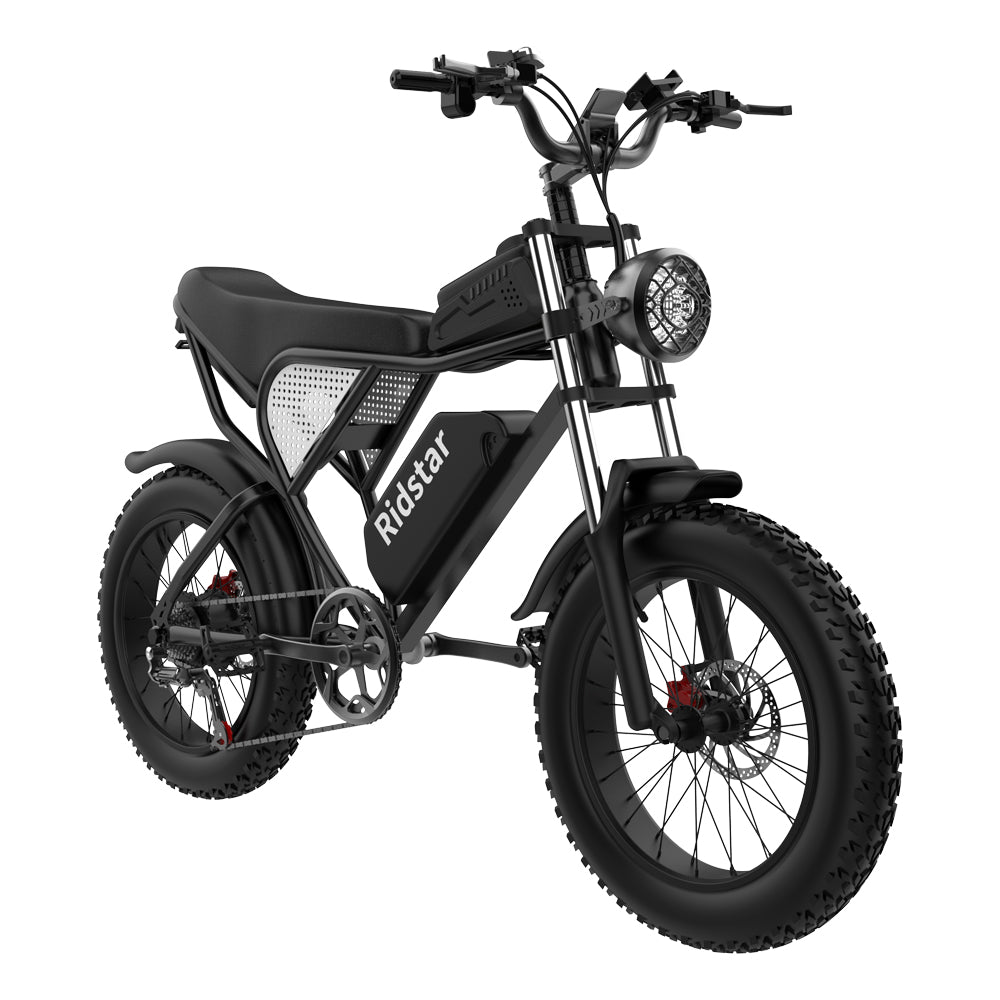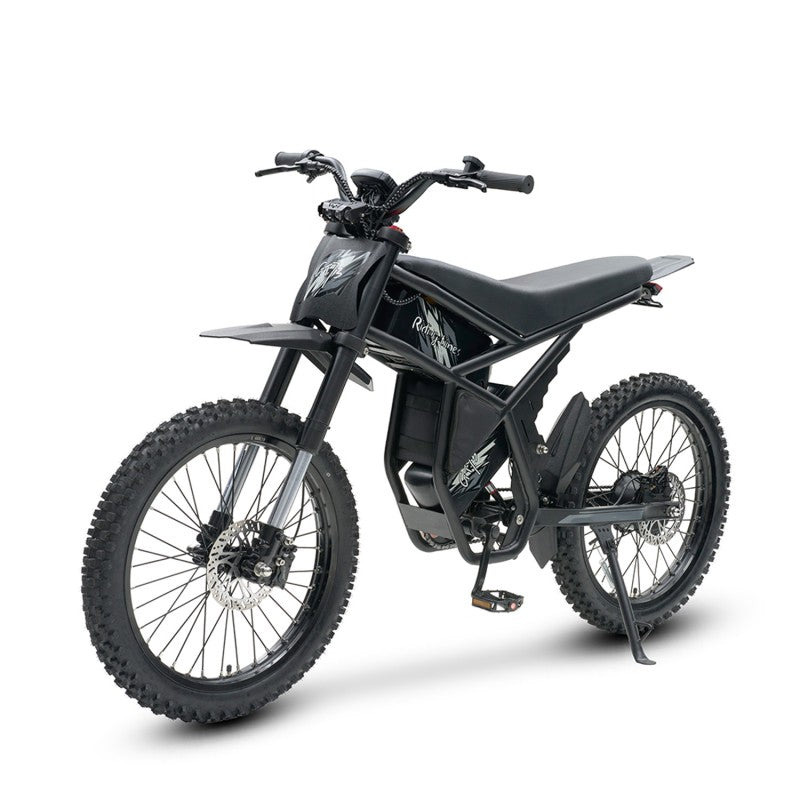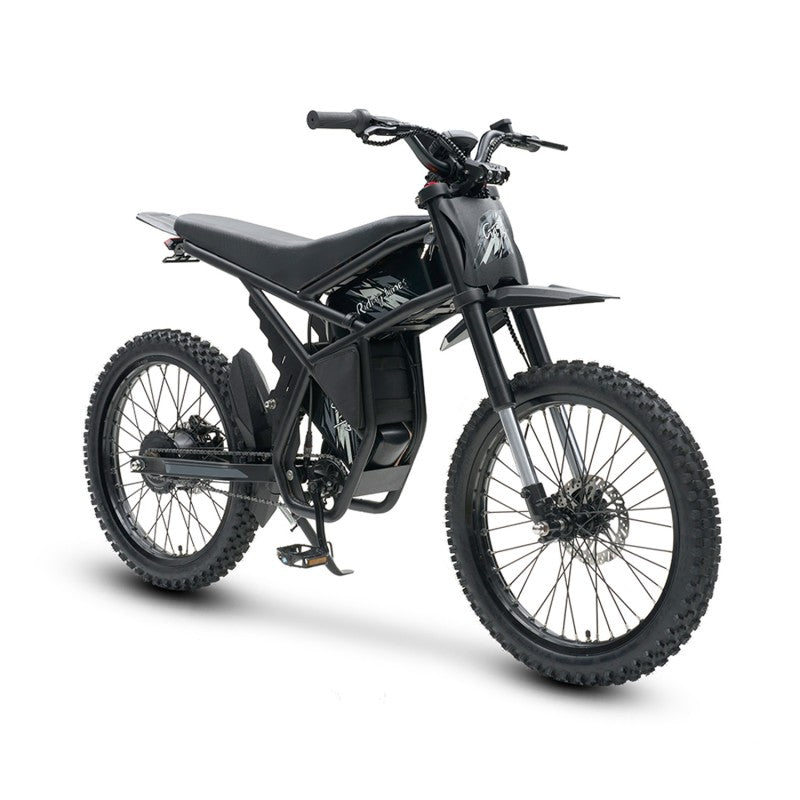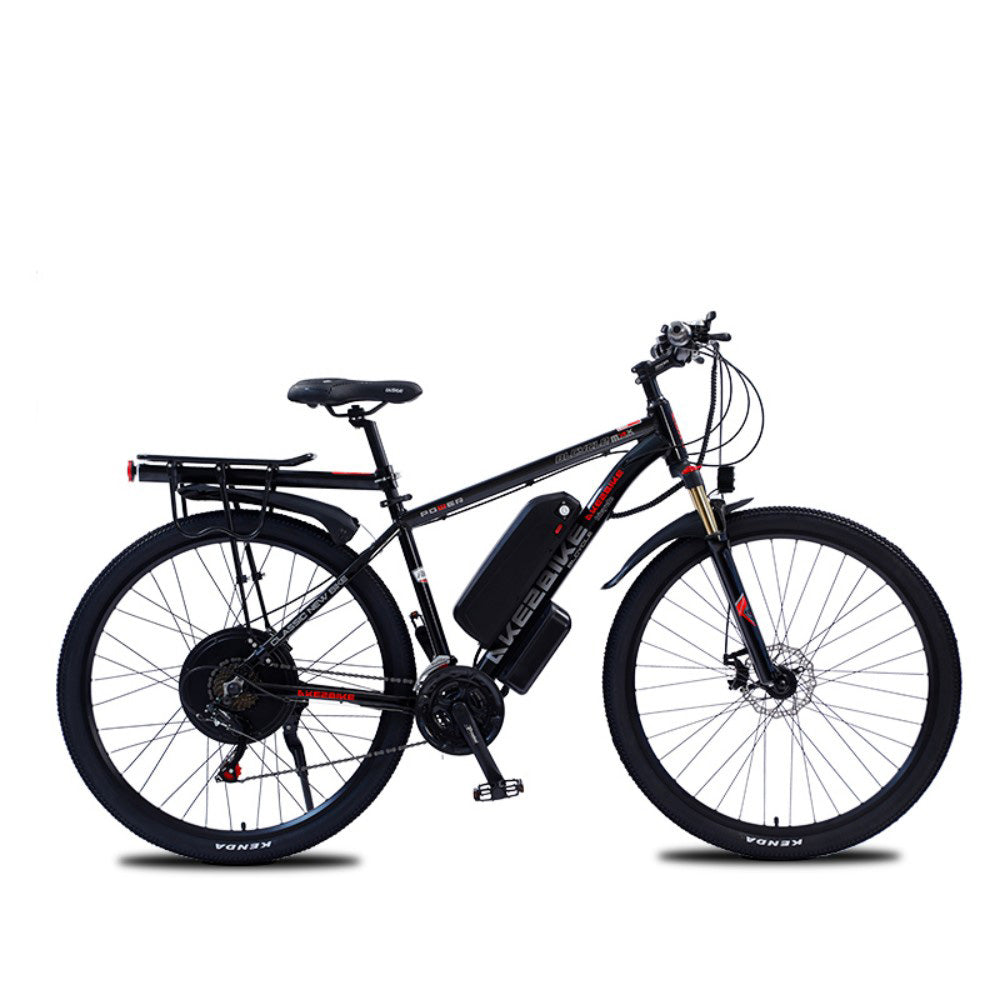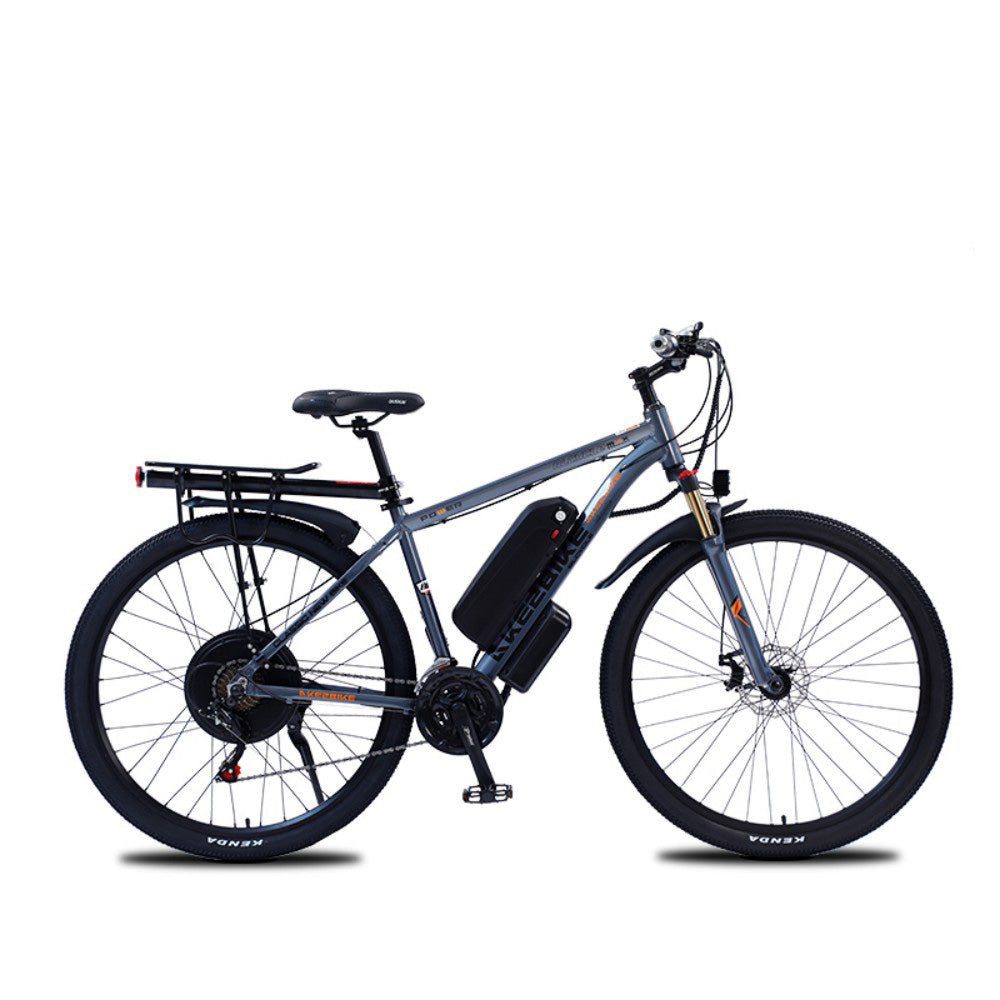The European bicycle industry is going through a challenging period marked by weakened demand, financial losses, and a growing shortage of skilled labor. Recent developments around Accell Group's performance, the Eurobike trade fair, and Shimano's call for new bicycle mechanics paint a picture of an industry at a crossroads.
Accell Group Revenue Plummets Amid Heavy Discounts
Faced with steep discounts, Accell Group saw its revenue fall sharply from €1.294 billion in 2023 to just €1.003 billion in 2024, representing a 22% decline. The company cited several one-off impacts and persistent market headwinds. While the group’s 2024 EBIT remained roughly flat year-over-year, exact figures were not disclosed.
Losses this year stemmed from outdated inventory, capital restructuring costs, and expenses related to the Babboe cargo bike recall.

Outsourcing and Restructuring for Efficiency
In 2024, Accell reduced the number of warehouses from 85 to 28, with plans to close more this year as part of its effort to streamline operations. The company has also separated production from brand operations, now relying on a mix of in-house and third-party factories, with a major hub in Hungary.
Previously, Accell expanded through acquisitions, but managing all locations across numerous brands has become increasingly inefficient. As part of its transformation, Accell divested its Turkish Bisiklet factory, which is now owned by a local bike manufacturer.
The outlook for its Dutch factory in Heerenveen remains uncertain. Internally, workforce reductions have reportedly already begun, fueling speculation that a full closure announcement may be imminent.

Growth Potential in Parts and Accessories
Despite broader market weaknesses, Accell reported year-over-year growth in its P&A (Parts & Accessories) segment. To support its transformation, Accell secured a €50 million super-senior loan from selected lenders following an earlier capital restructuring agreement.
CEO Ton Anbeek emphasized renewed progress in key markets:
"While we continue to support affected Babboe customers, sales have resumed in Germany, France, and Denmark. These markets show growing demand for safe, innovative cargo bikes, especially in the mid-range segment, where we see significant potential."
Eurobike 2025 Sees Decline in Exhibitors and Visitors
The 2025 Eurobike Show concluded on June 29 with lower attendance across the board. Organizers attributed the decline to an incomplete market recovery and the absence of major brands.
-
Trade visitors: 31,270 (down 10.9% YoY)
-
Public attendees: 30,420 (down 8.1% YoY)
-
Exhibitors: ~1,500 (down from 1,800 in 2024)
One bright spot was international engagement: 53.7% of visitors came from outside Germany, up from 49.2% last year.

Major Brands Sit Out, Asia Fills the Gap
As companies scramble to reduce excess inventory, many leading European brands have shifted to private showcases rather than public exhibitions. Organizers confirmed that one floor in Hall 9 was closed due to lower exhibitor turnout.
Big-name absentees included SRAM, DT Swiss, Scott Sports, and Fox Factory, along with Accell Group, PON Bike, Trek, Merida, and ZEG, though some still used the event for business meetings.
In response, many smaller booths in outdoor areas were occupied by Asian exhibitors, particularly from China. This influx is likely a result of changing international trade policies, as Chinese manufacturers look for new export channels amid ongoing tariff tensions.

Shimano Sounds Alarm Over Europe’s Mechanic Shortage
Shimano Europe has launched its NextGen Mechanics initiative to combat the worsening shortage of skilled bicycle technicians across the continent. Partnering with Cycling Industries Europe, the project focuses on:
-
Enhancing career pathways in bicycle mechanics
-
Raising industry training and certification standards
Shimano warns that demand for reliable maintenance has “outpaced the supply of qualified mechanics,” driven by the rising popularity of e-bikes, cargo bikes, and rental fleets.
Ties van Dijk, Shimano’s Advocacy Specialist, explained:
“We’re facing a growing shortage of skilled bicycle mechanics. Even more concerning is the ongoing loss of experienced talent, often replaced by untrained or uncertified individuals. This poses serious risks to the quality, reliability, and accessibility of bicycle repair services.”

Conclusion
From revenue downturns and organizational restructuring to a key trade show losing traction and a critical labor gap, the European bicycle industry is clearly in transition. While the long-term outlook remains promising—especially in niche segments like cargo bikes and P&A—the path forward requires adaptation, investment in workforce development, and stronger cross-sector collaboration.










